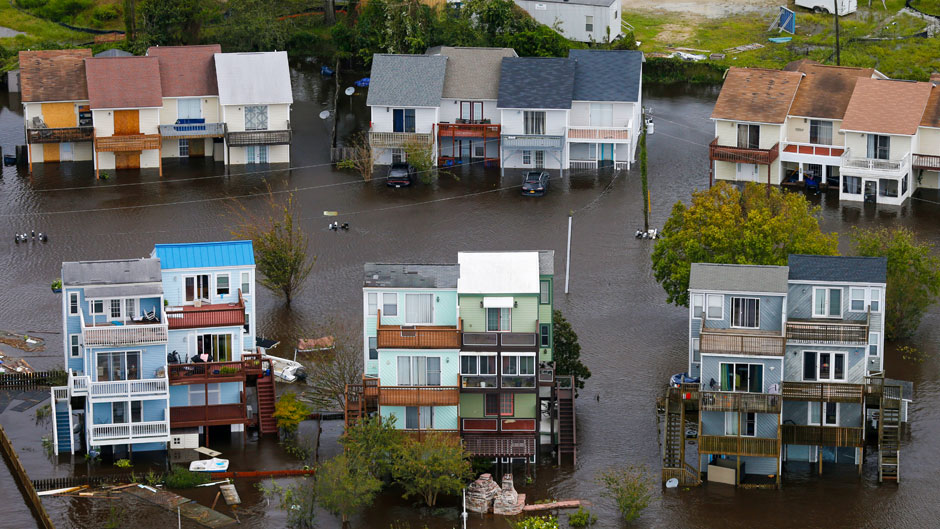In a new analysis on managed retreat—the climate adaptation response of moving people and property out of harm’s way—researchers explored what it would take for managed retreat to be supportive of people and their priorities.
A key starting point is considering retreat alongside other responses like coastal armoring and not just as an option of last resort.
Katharine Mach, a researcher at the University of Miami Rosenstiel School of Marine and Atmospheric Science, argued that managed retreat should be viewed as a proactive option that can support communities and livelihoods in the face of climate change. The findings were reported in the paper, “Reframing strategic, managed retreat for transformative climate adaptation,” published on June 18 in the journal Science.
“Managed retreat can be more effective in reducing risk—in ways that are socially equitable and economically efficient—if it is a proactive component of climate-driven transformations,” said Mach, an associate professor in the Department of Environmental Science and Policy. “It can be used to address climate risks, along with other types of responses like building seawalls or limiting new development in hazard-prone regions.”
In the paper, Mach and her colleague, A.R. Siders from the University of Delaware, reviewed the existing literature on the subject to argue that societies will be better prepared for intensifying climate change—such as more frequent and severe storms, flooding, and sea-level-rise—if they consider the potential role of strategic and managed retreat.
“Communities, towns, cities, and municipalities are making decisions now that affect the future,” said Siders, a core faculty member in UD’s Disaster Research Center and assistant professor in the Biden School of Public Policy and Administration and geography and spatial sciences. “If we’re making these decisions now, we should also be considering all the options on the table right now, not just the ones that keep people in place.”
Retreat is already happening in the United States and many other parts of the world in the face of relatively moderate climate change.
“Early conversations about managed retreat—and where, when, and why its use could be considered acceptable or not—substantially increase the likelihood that future climate retreat will promote societal goals,” said Mach.
In a related study, “Promoting equity in retreat through voluntary property buyout programs,” published May 11 in the Journal of Environmental Studies and Sciences, Mach and Carolien Kraan—a doctoral student at the University’s Abess Center for Ecosystem Science and Policy—conducted the first comprehensive overview of equity concerns that have been raised on voluntary property buyouts and provide policy options for addressing these concerns.
For example, they suggest that local governments involve residents in the buyout process from the start and provide homeowners with professional support to guide them through the procedure to reduce frustration.
“The article provides practitioners and researchers with a synthesis of policy options that are aimed at improving social justice outcomes in voluntary property buyout programs,” said Kraan. Authors of the study also include Jennifer Niemann from the Rosenstiel School, Siders, and Miyuki Hino from the University of North Carolina at Chapel Hill.
Funding for both studies was provided by the Rosenstiel School and the Abess Center.

